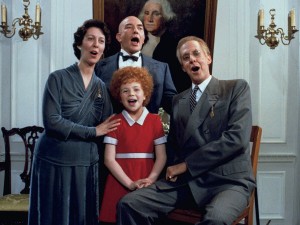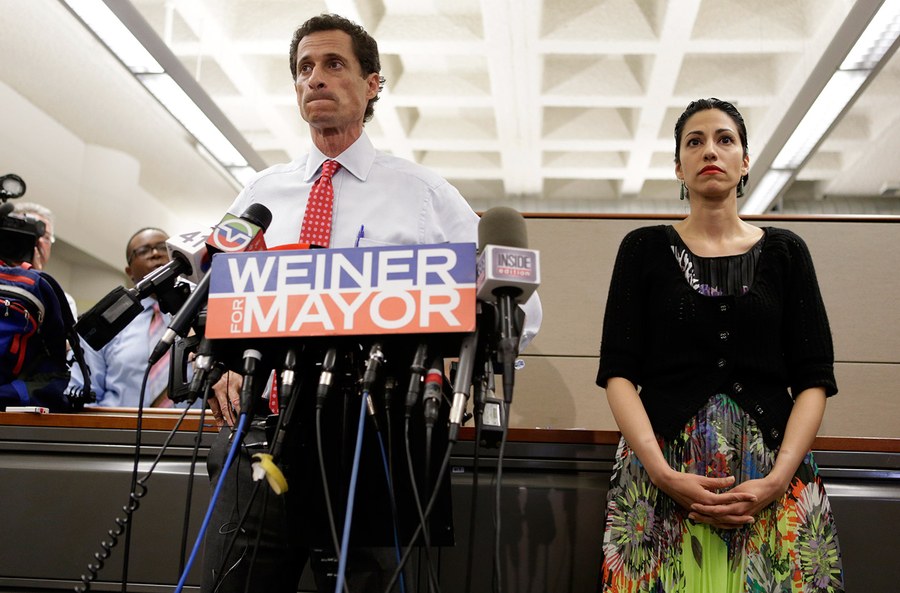Miss Sloane
Posted on December 8, 2016 at 5:30 pm

Striding confidently down the halls of the Congressional office buildings, picking up the check in restaurants with crisp white tablecloths and extensive wine cellars, and, inevitably, at fundraisers, lobbyists are impossible to miss in Washington, D.C. They wear discreetly expensive suits. In fact, they are usually pretty discreet about everything, whether it is handing over money or making threats. Especially when they are making threats.
The film’s title may use the quaint honorific “Miss Sloane,” but do not let that mislead you. Elizabeth Stone (Jessica Chastain in a subtle, vibrant performance) is not looking back. She is a top lobbyist and she tells us right away that means that she always must be thinking ahead. “Lobbying is about foresight and anticipating your opponent’s moves and plotting countermeasures.” She is all about tactics, she is ruthless, and she is determined. “Make sure you surprise them and they don’t surprise you.” Everything about her is controlled and knife-edged. Her sheet of red hair is cut so severely it could slice through granite.
There are a fews signs of stress, though. When she thinks no one is looking, she pops some white pills. Some nights she goes to a hotel to spend time with a male escort. And she is rattled when the one she is used to seeing is not there and the new one (Jake Lacy as Forde), but not so rattled that she declines.
The most significant sign of stress is that in a meeting with a very lucrative prospective client, instead of listening politely when he explains his plan to create a group to promote the idea of women opponents to any restrictions on gun ownership, she laughs, harshly and derisively. Her boss (Sam Waterston) is furious. But for Elizabeth it is just one moral outrage too many. In what she herself recognizes is a “Jerry Maguire” move, she quits, taking her staff with her — except for Jane (Alison Pill), her closest aide, who opts to stay with the high salary and opportunity for partnership. Elizabeth is going from one extreme to the other, working to oppose the gun lobby on behalf of a small non-profit run by Rodolfo Schmidt (Mark Strong, usually the bad guy but here fine as an idealist).
The smart script by first-time screenwriter Jonathan Perera and brisk direction from John Madden (“Shakespeare in Love”) make this a solid Washington thriller with some telling (and accurate) details, moral dilemmas, and plot twists that keep you guessing until the last ten minutes.
Parents should know that this film includes strong and crude language, substance abuse, sexual references and a mildly explicit situation, and corruption and betrayal.
Family discussion: Why did Elizabeth allow herself to be so consumed by the job? Why did she decide to make a change? What would she recommend to improve politics and government?
If you like this, try: the documentary about a real-life lobbyist who went to prison, “Casino Jack and the United States of Money” featuring former Congressman Bob Ney





